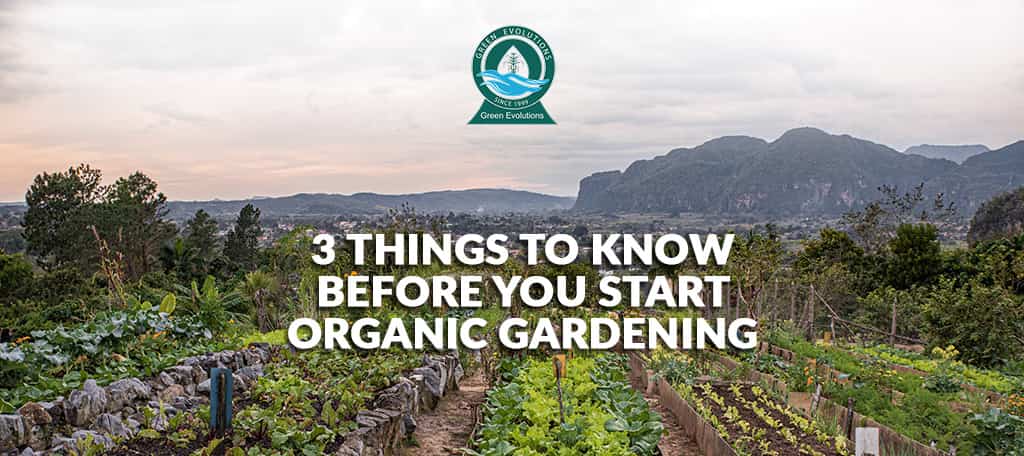How to start planning organic gardening?
If you’re interested in organic gardening, one of the first steps to getting started is planning your garden. Without good planning, it can be easy for your garden to become overgrown and difficult to manage.
There are several things that you need to consider when planning an organic garden. The first step is deciding what type of soil you want to work with, as well as which plants will do best in that soil. Another important factor is choosing a location for your garden, taking into account factors like sunlight exposure and how much water the area gets on average.
After you’ve determined these important details, you can start planning the layout of your garden by laying out the different sections and determining where each plant should go. This might include grouping different types of plants together, or planning out pathways and garden beds.
Once your garden is planned out, the next step is to prepare the soil by adding compost or other amendments as needed. Then you can begin planting your chosen plants and taking good care of them so that you can enjoy a beautiful, thriving organic garden.
How to take care of plants in organic gardening?
There are a few key steps to taking care of plants in an organic garden. The first is to provide them with plenty of water, as this will help ensure that your plants stay healthy and productive throughout the growing season.
You should also be mindful of pests and diseases in your garden, which can often be minimized or prevented through regular applications of natural pest control methods like crop rotation or companion planting. Additionally, it’s important to monitor your plants carefully and address any issues as soon as they arise, whether it’s removing weeds, providing extra nutrients with fertilizer, or taking other steps to promote plant health.
Overall, caring for plants in an organic garden requires dedication and attention to detail, but with some time and effort you can help your garden thrive and produce plenty of healthy, delicious fruits and vegetables.
The best plants for organic gardening are those that are well suited to your climate, soil type, and growing conditions. Some popular choices include tomatoes, squash, peppers, eggplants, leafy greens like lettuce and kale, root crops like carrots and beets, herbs like basil and chives, and many others.
When choosing plants for your organic garden, it’s also important to consider how they will work together within the overall design of your garden. For example, you might want to plant taller crops in the back of a bed to create more shade for shorter plants in the front. Or you may choose certain varieties that have complementary bloom times so that you’ll always have something beautiful blooming in your garden throughout the season.
With careful planning and attentive care, you can create a beautiful, bountiful organic garden that produces fresh, healthy produce for your family to enjoy. Whether you’re just starting out or have been gardening for years, these tips will help you get the most out of your organic plants.





